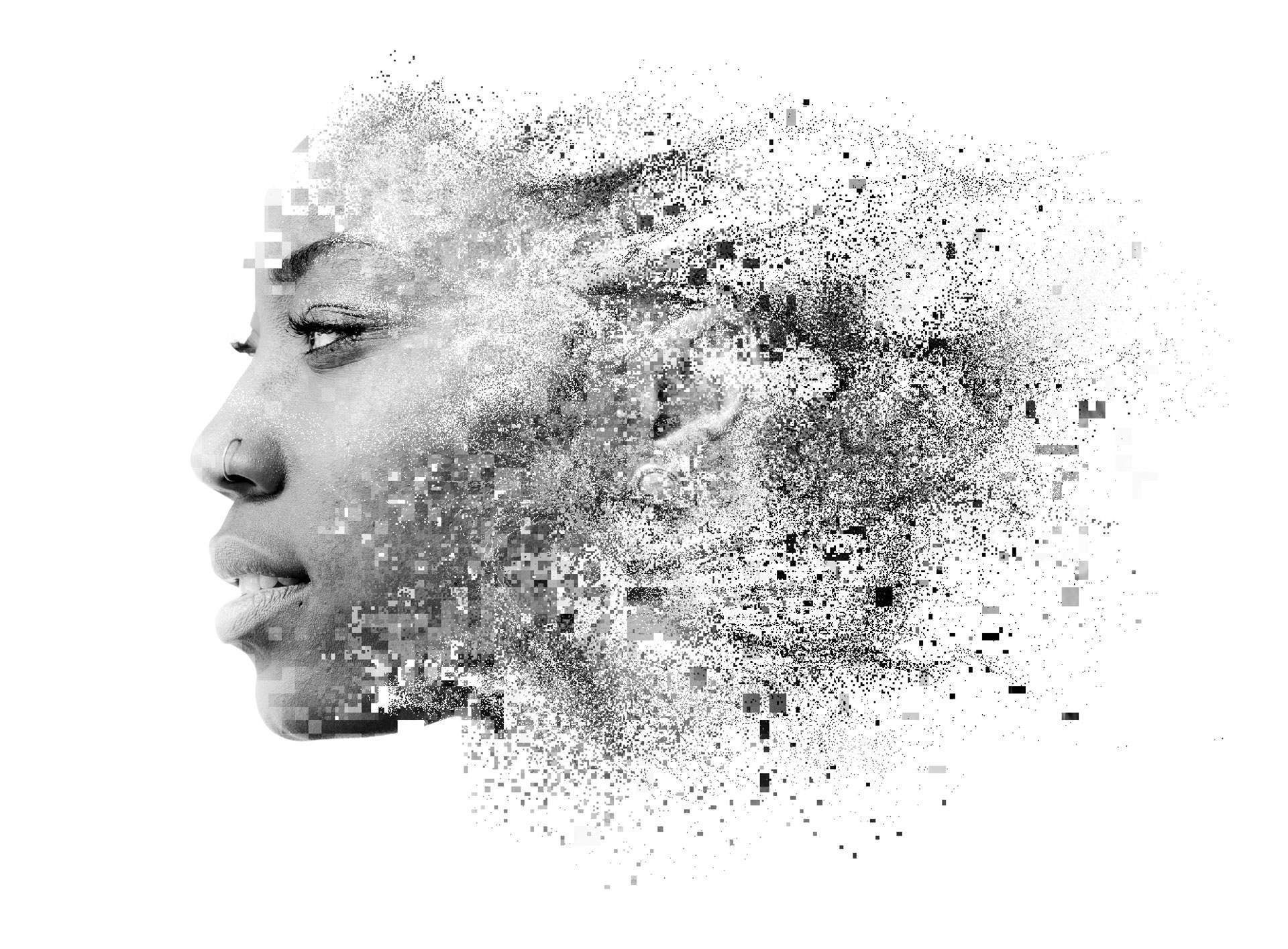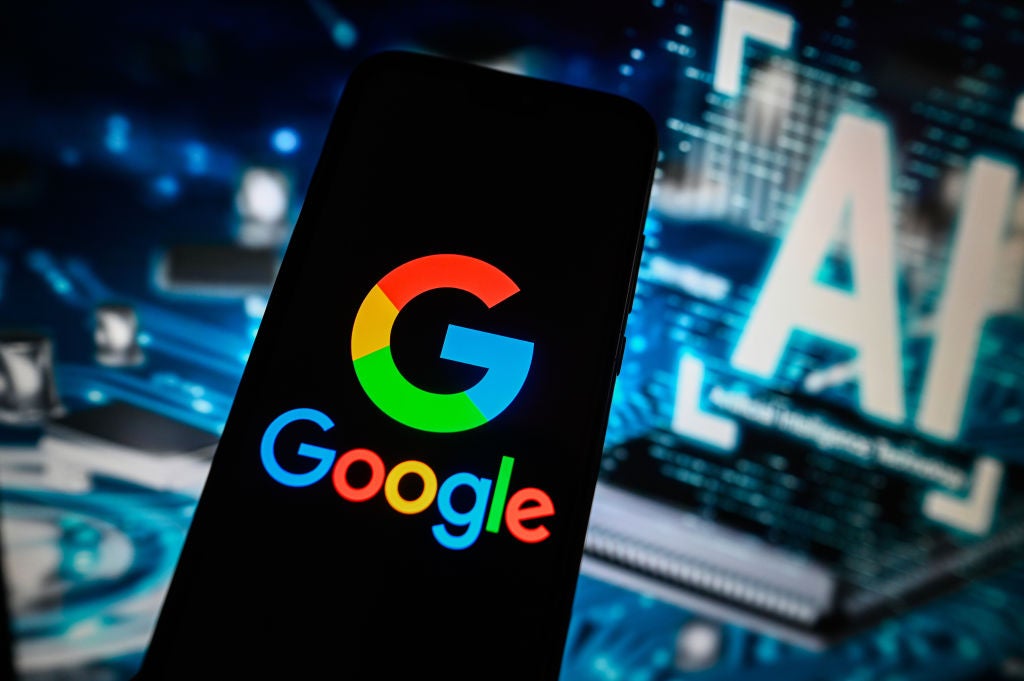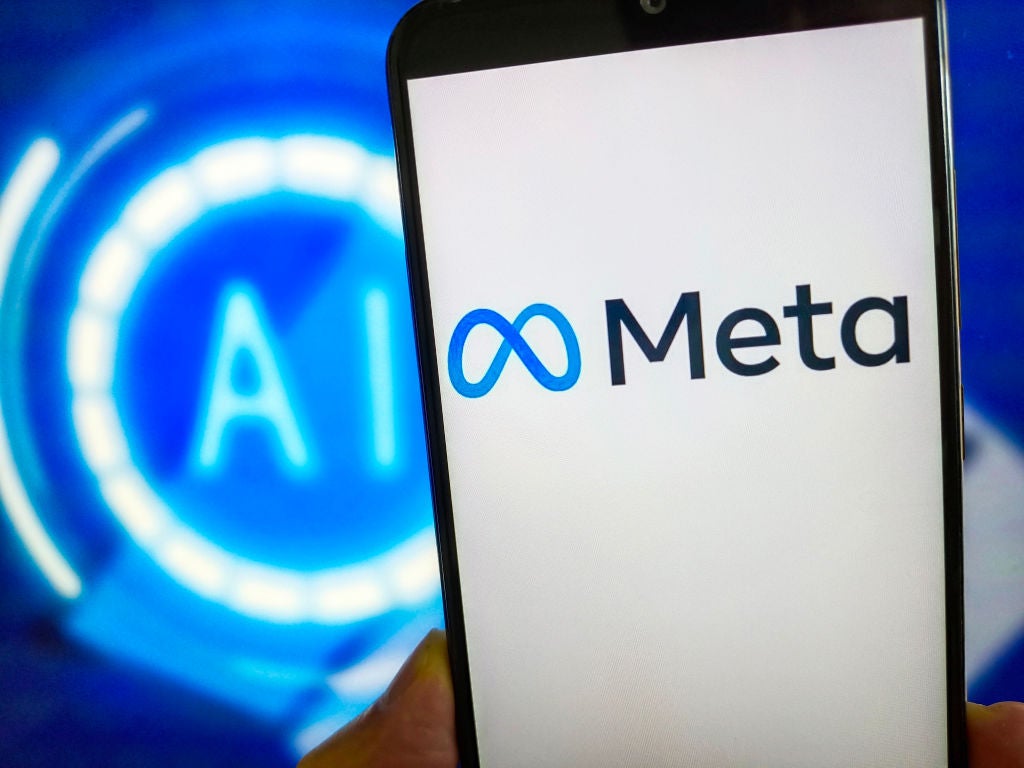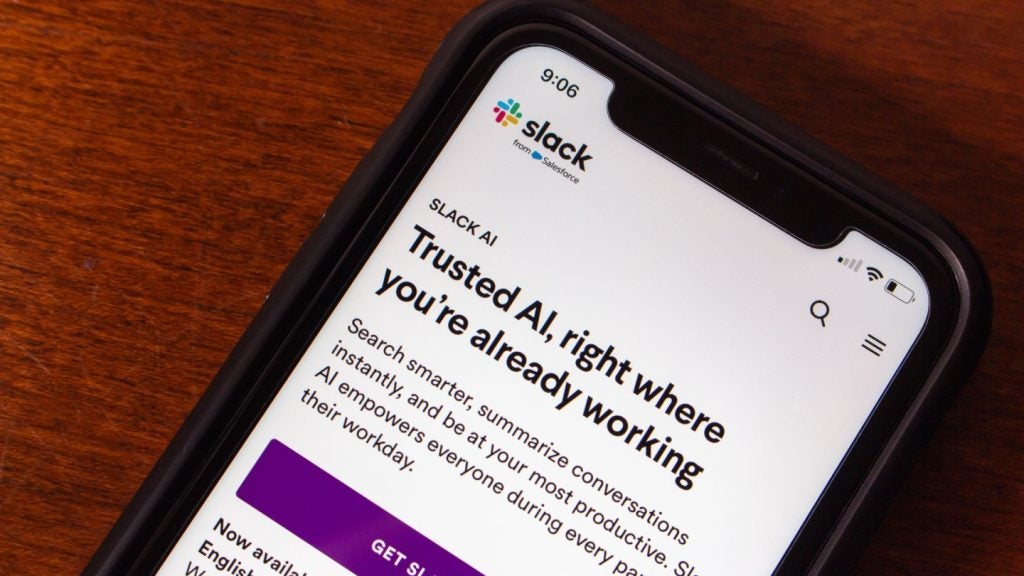
Andy Haldane, chief economist of the Bank of England, has warned that the spread of AI in the workplace could disrupt the job market and lead to “rising inequality”. However, not everyone shares his views.
He told the BBC that the “fourth Industrial Revolution” could lead to “job loss displacement” on a scale not seen before, particularly manual jobs. He fears that the introduction of AI could leave many “technologically unemployed” and leave thousands of jobs at risk of becoming obsolete.
Haldane is not alone in this view, with the common rhetoric surrounding AI still focusing on the danger it poses to human employment.
A recent survey conducted by the Brookings Institution found that 38% of participants believed that AI would reduce the number of jobs, with many fearing that automation will eradicate more jobs than it creates.
AI in the workplace does not pose a threat
However many experts do not believe this scenario will become a reality.
Matt Walmsley, EMEA director of cybersecurity company Vectra believes that AI in the workplace will be used to support employees rather than replace them:
How well do you really know your competitors?
Access the most comprehensive Company Profiles on the market, powered by GlobalData. Save hours of research. Gain competitive edge.

Thank you!
Your download email will arrive shortly
Not ready to buy yet? Download a free sample
We are confident about the unique quality of our Company Profiles. However, we want you to make the most beneficial decision for your business, so we offer a free sample that you can download by submitting the below form
By GlobalData“Automation and AI are already happening at a pace that is not going to slow down, and many workers need to be ready for that change. We need to ensure we have programs in place that assist workers to understand what their role in this future automated world is. But the good news is there is definitely a role. There are things that machines are good at and there are things that humans are good at. Knowing how these two skillsets intersect will provide clarity as to how the future of work looks. This future is a world where AI augments nearly everything people do — people plus machines, not people or machines. What we need to remember is that AI runs on data, and that data belongs to people… people and AI combined are more efficient and productive than either people or AI alone.”
Despite reports that the development of AI could be at the detriment of human jobs, robots are able to take on dull and dangerous tasks, leaving higher-level tasks such as programming and problem to human employees. In fact, AI may play a complementary role rather than posing a threat.
Although AI will be a transformative force for virtually every industry, tasks that need a human touch, such as those that require empathy or complex problem-solving, are not at risk. Furthermore, skilled roles related to AI programming and maintenance will flourish; meaning the nature of jobs may change but not be erased.
John Gikopoulos, global head of AI and automation at Infosys Consulting agrees, arguing that ‘doom and gloom’ reporting on the impact of AI has been exaggerated:
“The arrival of AI certainly isn’t doom and gloom – we’re already seeing that humans’ job roles are changing. Jobs are becoming less ‘functionary’ and more ‘visionary’: while automation and AI will perform tasks of ever-increasing complexity, humans will be needed to guide them, match capabilities to business strategy, and provide the vision for the future.
“To combat the threat posed by automation, business leaders need to do more. It’s not enough just to understand the different technologies on the table; they should also understand what tech can do for their business, their customers, and crucially, their employees. That requires a shift in culture as much as it does the acquisition of new skills.”
According to research conducted by Gartner, AI will eliminate 1.8 million jobs by 2020 but will create 2.3 million positions in the same timeframe. It is therefore vital that businesses adapt to attract workers equipped with the skillset to deal with the continued presence of AI.
Scott Dodson, chief growth officer at language-learning platform Lingvist believes that AI gives employees greater access to “training and skills”:
“Just as it was with earlier disruptions of the industrial and information ages, it is unwise to protect or over-invest in outdated modalities…By aiding and accelerating human learning, emerging technologies can enable people to be more capable and competitive in the new era of AI. The bottom line is that this tech will give people unprecedented access to training and skills if organisations deploy it in the right way.
Dean McGlone, director at finance automation company V1 echoes this, believing that AI in the workplace will improve productivity and allow greater control for businesses:
“AI is often seen as a threat to the workplace, but it can in fact be a force for good in business. Intelligence machines are already automating mundane takes – and for the better. They are enabling people to focus on higher-value and strategic activities. But that’s the point precisely. AI and people go hand in hand. Decisions can ultimately be made more quickly because businesses will have accurate and timely data at their fingertips, allowing greater control.”






